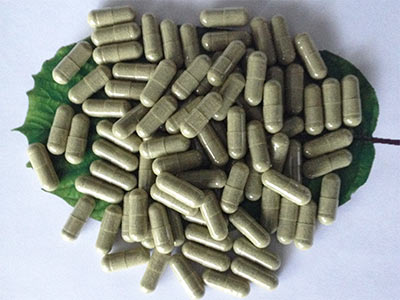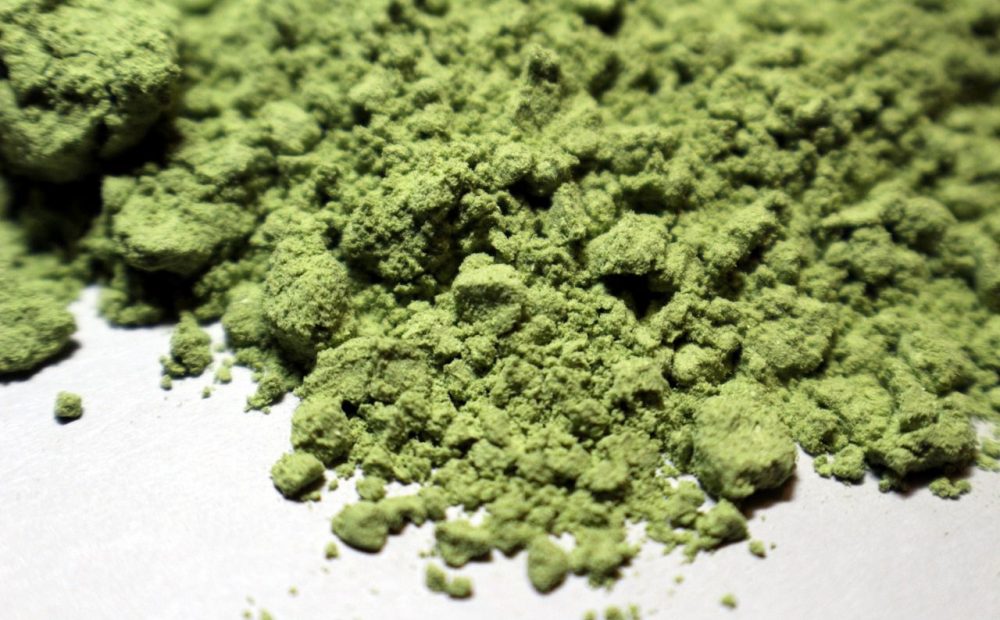Kratom is a peculiar supplement: Experts have warned that its healing powers haven’t been backed by science, yet you can do a quick Google search and find loads of recipes for kratom tea, which is said to be able to heal everything from anxiety and depression to obesity. Officials had previously warned that science doesn’t support kratom’s many reported benefits.
Now, though, they have a fuller picture of the damage that kratom, which is frequently associated with opioid withdrawal, can do. A new report from the CDC says that in just 18 months, from July 2016 to December 2017, at least 91 people died from kratom overdoses in the U.S.
During that time period, 152 people were found to have kratom in their systems when they died. Kratom was “determined to be a cause of death” in 91 cases, according to the new report, and seven of those people only tested positive for kratom and no other substances.
Last year, the FDA said it had reached out to multiple kratom vendors, warning them to stop falsely advertising kratom’s powers. The FDA said the drug has been associated with treating depression, diarrhea, obesity, diabetes, stomach parasites, high blood pressure, anxiety, diverticulitis, opiate withdrawal, and alcoholism.
“Science and evidence matter in demonstrating medical benefit, especially when a product is being marketed to treat serious diseases like opioid use disorder,” the FDA said in a statement last year. “However, to date, there have been no adequate and well-controlled scientific studies involving the use of kratom as a treatment for opioid use withdrawal or other diseases in humans.”
Meanwhile, the list of possible side effects of kratom is long. Among these potentially dangerous consequences are vomiting, chills, nausea, weight loss, liver damage, dry mouth, and muscle pain. Kratom can also cause more serious health complications such as hallucinations, drowsiness, dizziness, depression, and seizures, according to the Mayo Clinic.

Though kratom—which comes from a plant that grows in Thailand, Indonesia, Malaysia, and Papua New Guinea—hasn’t been federally outlawed, a handful of states have banned the substance. It was originally marketed as a cure for opioid addiction, which gave hope to a country where nearly 400,000 have died of an opioid overdose since 1999. But the FDA has said that kratom could actually fuel drug dependence in the U.S. rather than solve the problem. “While it is important to gather more evidence, data suggest that certain substances in kratom have opioid properties and that one or more have the potential for abuse,” an FDA statement said.
The new analysis from the CDC highlights the need for more research on kratom. Since we don’t know enough about it to know how to use it safely, it’s probably best to steer clear of kratom for now. Just because something’s legal doesn’t mean it’s safe. So the next time your anxiety flares up, you might want to consider calming down with a yoga class or a cup of regular green tea and scratch kratom off your list of possible remedies.

